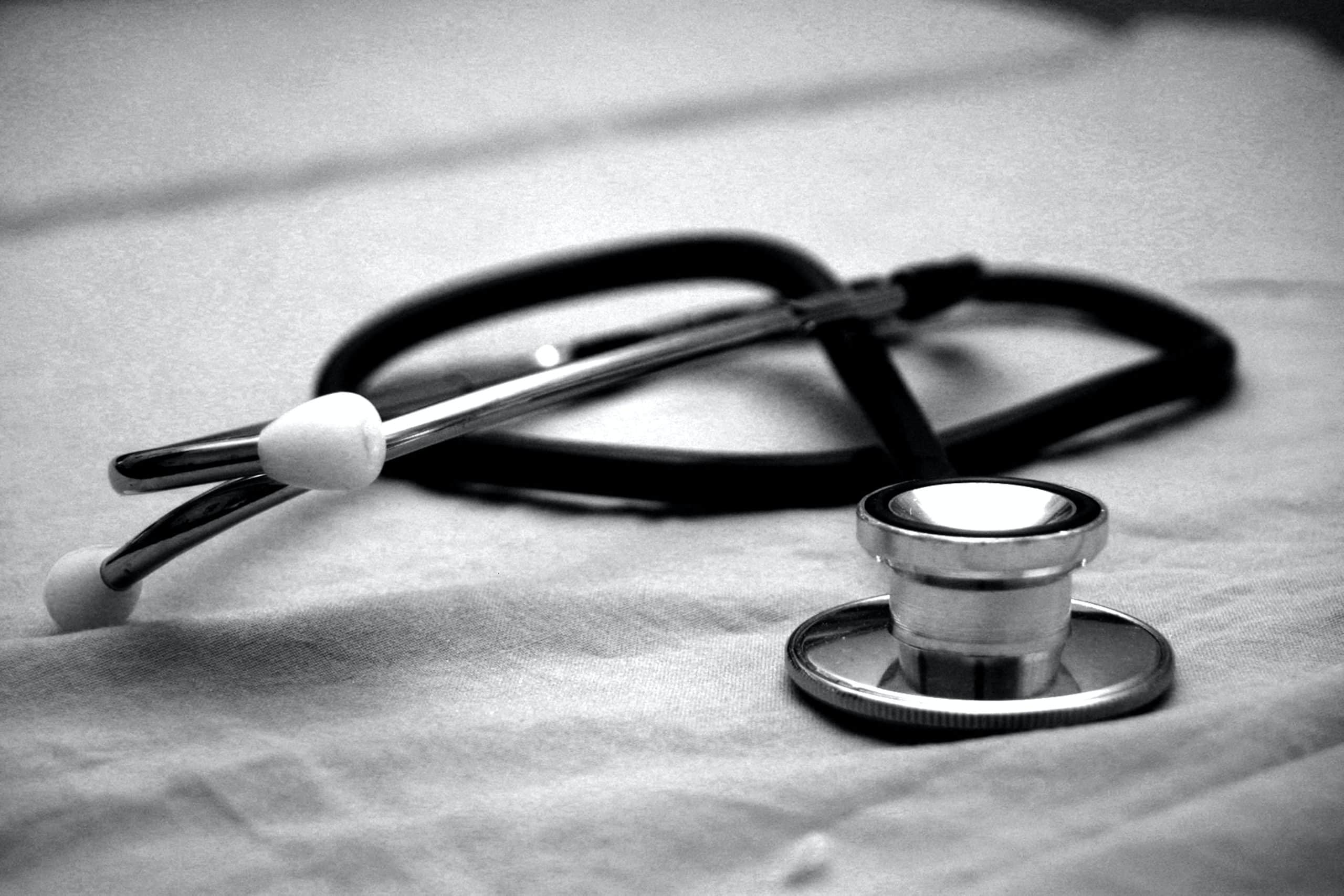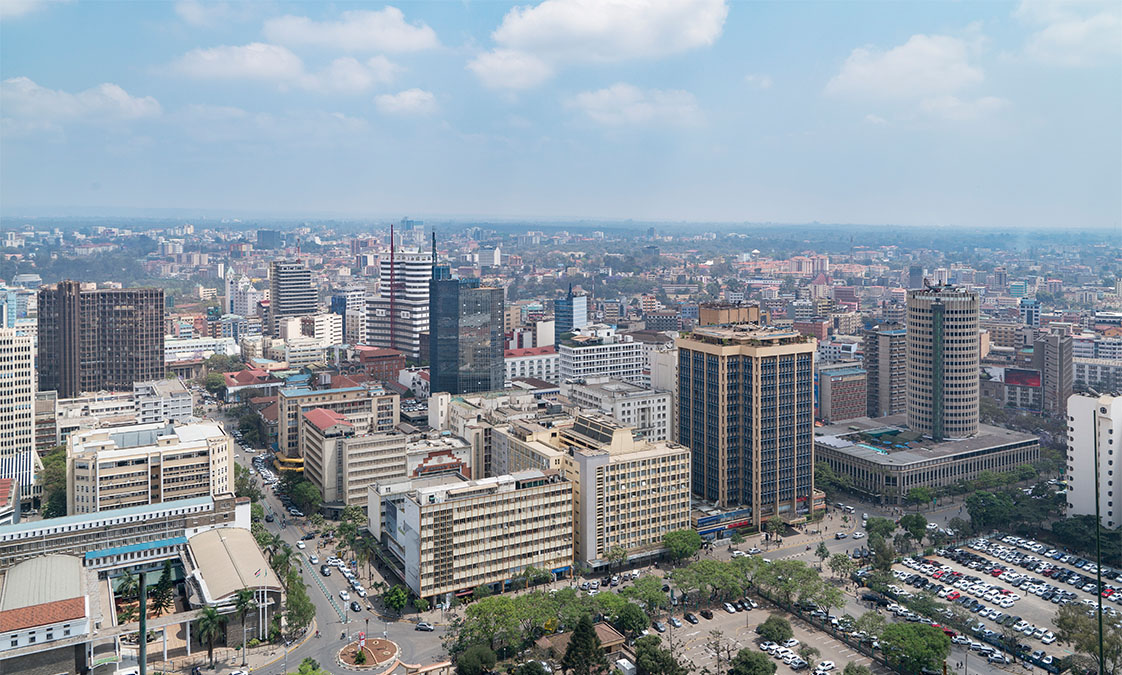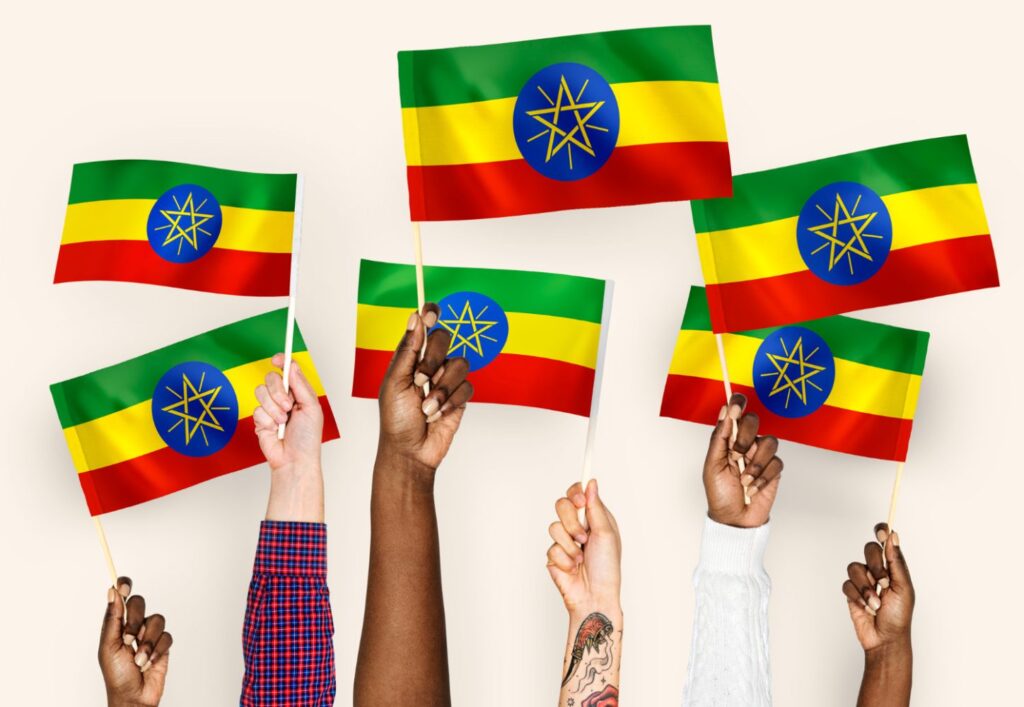We’re proud to announce that FSD Africa has teamed up with the PharmAccess Foundation on a project to improve public health insurance in Ghana.
Together, we’ll work on strengthening the data capabilities of Ghana’s National Health Insurance Authority, to improve healthcare services for Ghanaians. It’s a project fuelled by our belief that healthy populations translate into healthy economies.
The healthcare challenge in Ghana
Ghana’s National Health Insurance Authority (NHIA) provides coverage for around 50% of the country’s population. Its goal is to reach universal health coverage.
To achieve this, the NHIA needs to be financially sustainable over the long term. That means increasing funding, reducing unnecessary costs and improving operational efficiency.
Doing these things requires data, to see where improvements can be made. But right now, only a small portion of NHIA data is digitised and able to be analysed. For example, just 10% of hospitals that provide services to the Authorityr claims digitally.
With more data and better ways of analysing it, the NHIA will be able to expand its membership and be more efficient in servicing the population’s health needs. For instance by identifying the services that are most important for people’s health, particularly vulnerable groups for whom out-of-pocket expenditure to pay for health services often results in financial catastrophe.
Ultimately, this will lead to better quality and more cost-effective healthcare for all.
PharmAccess Foundation
The NHIA is aiming to fully digitalise its data and business processes over the next four years. It has already begun working with the PharmAccess Foundation, an international NGO that works to improve access to quality healthcare for people in sub-Saharan Africa through the use of innovative strategies such as mobile technology, sustainable finance models and data analytics.
PharmAccess is providing technical assistance (e.g., capacity building, advice, and data analytics) to make the NHIA ta-driven insurer and to create value out of its own data.
FSD Africa will provide a grant of just under $200,000 to PharmAccess, as well as technical assistance and communications and advocacy support, to boost its work with the NHIA through the creation of a new, dedicated project. PharmAccess will also be working with the Christian Health Association of Ghana (CHAG) which is the largest private not-for-profit healthcare provider in Ghana with around 344 health clinics.
FSD Africa and healthcare
Healthcare financing in Sub-Saharan Africa is highly fragmented and resources are often not allocated to where they are most needed or will have the most impact. This results in poor facilities, lack of affordable health care options and poor quality care meaning that people are less willing to pre-pay for healthcare through health insurance and end up paying higher out-of-pocket expenses for treatment on demand.
This creates a vicious cycle in which private healthcare providers are unable to predict revenues limiting their ability to invest in more and better services while public insurers face challenges to their financial sustainability.
We believe we can help break that cycle by using data to get a better understanding of a population’s healthcare needs. This will lead to a more efficient allocation of resources, better health outcomes and more trust in the healthcare system which ultimately should lead to more predictable public funding.
Our involvement reflects our aim to promote health inclusion in sub-Saharan Africa through better healthcare financing. And a healthy population ultimately translates into a healthy economy, able to create sustainable growth for future generations.
How the project will work
Over the next 18 months, we will be working with PharmAccess to improve the NHIA’s analytics capabilities, use data to see where efficiency gains can be realised, identify innovations that will improve the relationship between the NHIA and healthcare providers and help identify other fus for the work.
We hope our project in Ghana will demonstrate the power of data to improve healthcare services and will provide a basis for similar projects across sub-Saharan Africa in the future.




